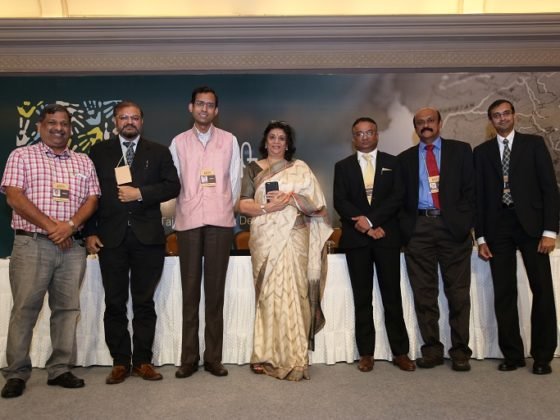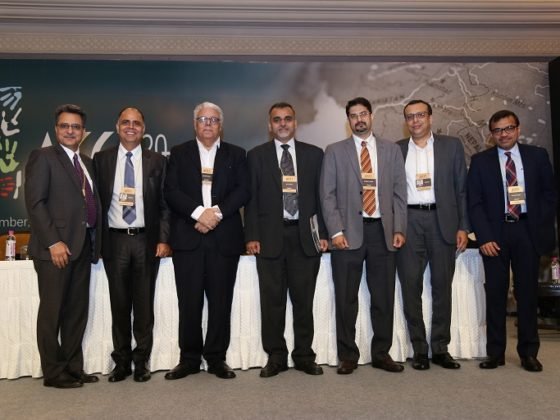Cancer research in India has grown extensively over the last two decades, both in terms of size and impact. Government and state policy makers, scientists and clinicians in India have vigorously supported cancer research from studies to achieve large-scale health outcomes using low-tech solutions to areas of highly advanced cancer science. However, there remain many issues which reveal serious gaps in public policy in India. Most importantly, there is a clear need for setting a strong research agenda across the country.
Research systems in India need to take into consideration not only modern medicine, but also traditional medicine or what is now referred to as ‘AYUSH’: ayurveda, yoga, unani, sidha and homeopathy. With this inclusion, the research agenda for cancer becomes vast and diverse and the task of delivering cancer research programs becomes more nuanced compared with high-income, developed countries.
Adding to this complexity is the variation in research activity across different states and union territories in India. Worldwide, evidence has shown a correlation between research activity and positive outcomes for patients. However, there are large gaps in research output between states within India. Research programs have to, therefore, take into account the capacity of each state to support research infrastructure, training, and patient care. These gaps can be addressed with greater collaboration between the states and with international stakeholders. Greater engagement with pharmaceutical industries at a regional level, research on repurposing of medicines, and development of novel formulations will also go a long way in improving access to more affordable cancer treatment.
Eminent researchers and medical practitioners have recommended that policy for cancer research and development be embedded within the National Cancer Control Program. This will impact patient outcomes and improve cancer care in India and help achieve important objectives: it will help identify priority areas for research, build academic networks, assess cost effectiveness and impact of research on individual and population outcomes and develop human resources for research.
With the right support, India has the capability to be a world leader in cancer research that delivers cost-effective solutions to deliver affordable cancer care.



